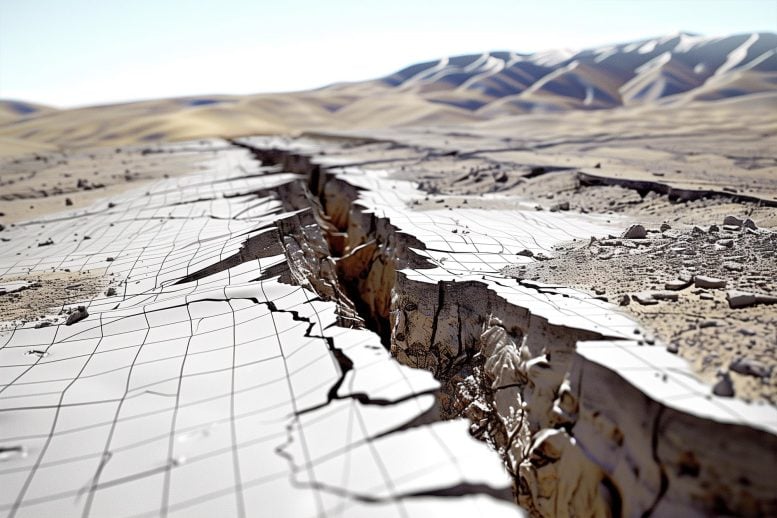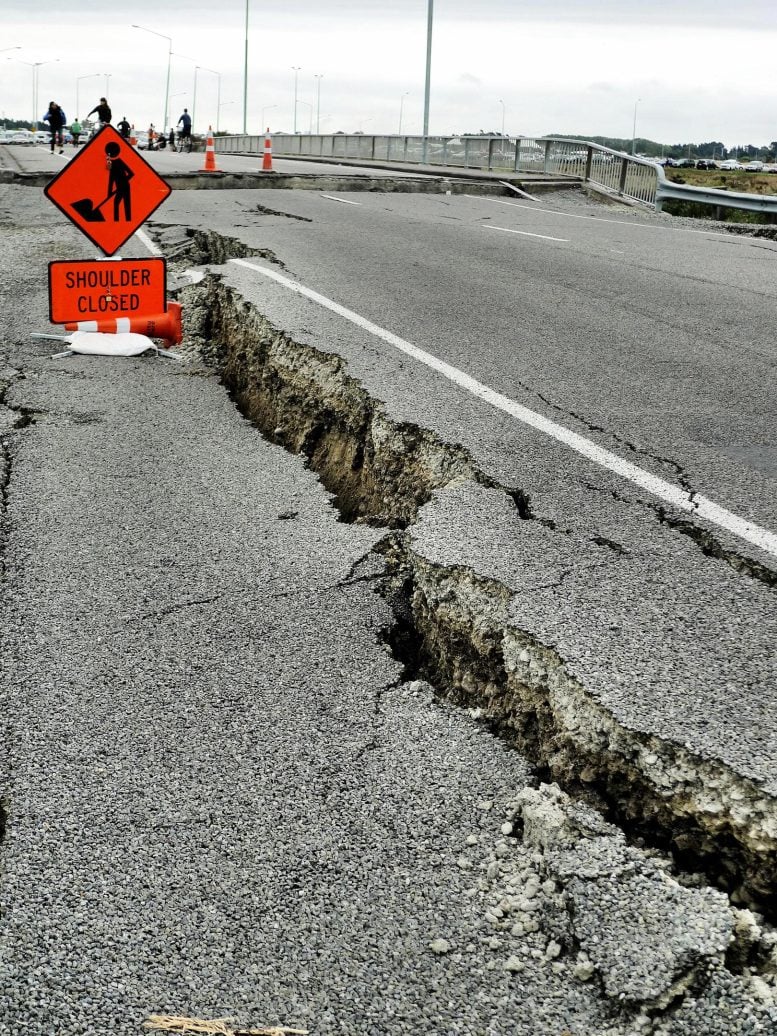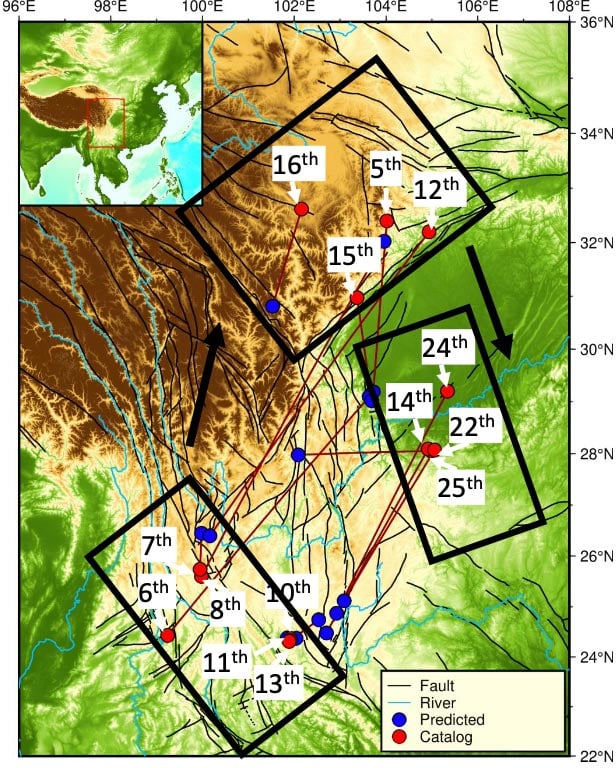
Researchers at the University of Texas have developed an AI that predicted 70% of earthquakes during a trial in China, indicating potential for future quake risk mitigation.
The AI, trained on seismic data, also ranked first in an international competition, underscoring its effectiveness and opening doors for further enhancements in regions like California and Texas.
AI Earthquake Prediction Breakthrough
A new attempt to predict earthquakes with the aid of artificial intelligence has raised hopes that the technology could one day be used to limit earthquakes’ impact on lives and economies. Developed by researchers at The University of Texas at Austin, the AI algorithm correctly predicted 70% of earthquakes a week before they happened during a seven-month trial in China.

Trial Results and Global Implications
The AI was trained to detect statistical bumps in real-time seismic data that researchers had paired with previous earthquakes. The outcome was a weekly forecast in which the AI successfully predicted 14 earthquakes within about 200 miles of where it estimated they would happen and at almost exactly the calculated strength. It missed one earthquake and gave eight false warnings.
It’s not yet known if the same approach will work at other locations, but the effort is a milestone in research for AI-driven earthquake forecasting.
Challenges and Future Directions
“Predicting earthquakes is the holy grail,” said Sergey Fomel, a professor in UT’s Bureau of Economic Geology and a member of the research team. “We’re not yet close to making predictions for anywhere in the world, but what we achieved tells us that what we thought was an impossible problem is solvable in principle.”
The trial was part of an international competition held in China in which the UT-developed AI came first out of 600 other designs. UT’s entry was led by bureau seismologist and the AI’s lead developer, Yangkang Chen. Findings from the trial were published in the journal Bulletin of the Seismological Society of America.

Impact on Preparedness and Further Research
“You don’t see earthquakes coming,” said Alexandros Savvaidis, a senior research scientist who leads the bureau’s Texas Seismological Network Program (TexNet) — the state’s seismic network. “It’s a matter of milliseconds, and the only thing you can control is how prepared you are. Even with 70%, that’s a huge result and could help minimize economic and human losses and has the potential to dramatically improve earthquake preparedness worldwide.”
The researchers said that their method had succeeded by following a relatively simple machine learning approach. The AI was given a set of statistical features based on the team’s knowledge of earthquake physics, then told to train itself on a five-year database of seismic recordings.
Once trained, the AI gave its forecast by listening for signs of incoming earthquakes among the background rumblings in the Earth.
“We are very proud of this team and its first-place finish in this prestigious competition,” said Scott Tinker, the bureau’s director. “Of course, it’s not just location and magnitude, but timing that matters as well. Earthquake prediction is an intractable problem, and we can’t overstate the difficulty.”
The researchers are confident that in places with robust seismic tracking networks such as California, Italy, Japan, Greece, Turkey, and Texas, the AI could improve its success rate and narrow its predictions to within a few tens of miles.
One of the next steps is to test the AI in Texas since the state experiences a high rate of minor- and some moderate-magnitude earthquakes. The bureau’s TexNet hosts 300 seismic stations and more than six years of continuous records, which makes it an ideal location to verify the method.
Eventually, the researchers want to integrate the system with physics-based models, which could be important where data is poor, or places such as Cascadia, where the last major earthquake happened hundreds of years before seismographs.
“Our future goal is to combine both physics and data-driven methods to give us something generalized, like chatGPT, that we can apply to anywhere in the world,” Chen said.
The new research is an important step to achieving that goal.
“That may be a long way off, but many advances such as this one, taken together, are what moves science forward,” Tinker said.
Reference: “Earthquake Forecasting Using Big Data and Artificial Intelligence: A 30‐Week Real‐Time Case Study in China” by Omar M. Saad, Yunfeng Chen, Alexandros Savvaidis, Sergey Fomel, Xiuxuan Jiang, Dino Huang, Yapo Abolé Serge Innocent Oboué, Shanshan Yong, Xin’an Wang, Xing Zhang and Yangkang Chen, 5 September 2023, Bulletin of the Seismological Society of America.
DOI: 10.1785/0120230031
The research was supported by TexNet, the Texas Consortium for Computational Seismology and Zhejiang University. The bureau is a research unit of the Jackson School of Geosciences.
Never miss a breakthrough: Join the SciTechDaily newsletter.
3 Comments
Extraordinarios avances en la predicción de eventos naturales potencialmente catastróficos, que ayudarán en el plano preventivo a disminuir la pérdida de vida ocasionadas por dichos fenómenos.
Very interesting!
Dutchsinse can do just as well.